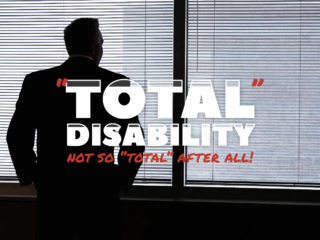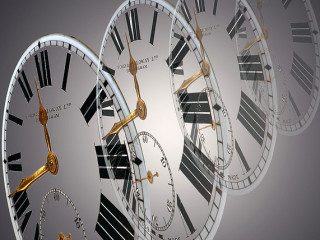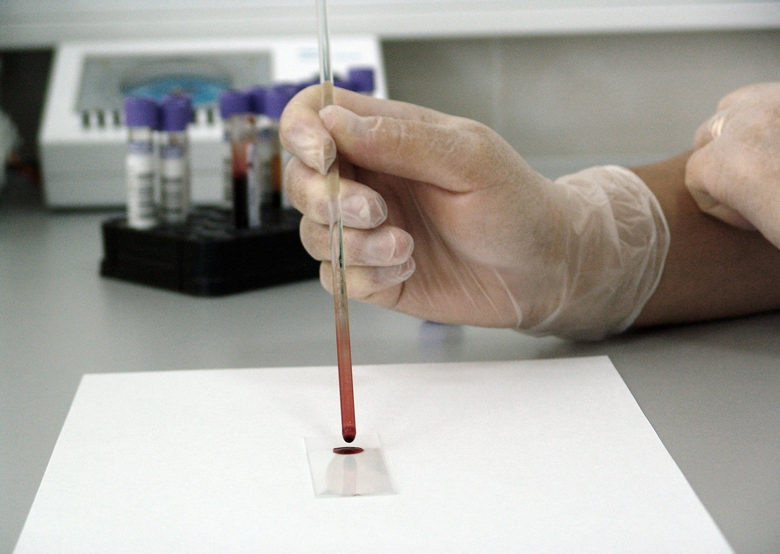Researchers at the University of Western Ontario have published research in the Metabolics Journal showing a very promising blood test to identify whether someone has sustained a concussion. The researchers tested a series of blood samples, measuring 174 metabolites, molecules that are produced or involved in cell metabolism. Rather than trying to identify changes in individual metabolites, they looked at the picture as a whole. What they found was a clear and dramatic change in the metabolites of those who had sustained an injury. Though their sample size was relatively small (29 athletes), the testing was found to be accurate 90% of the time. This test could be a game-changer in how concussions are diagnosed.
The Science
According to the Toronto ABI Network, a concussion is defined as a “type of traumatic brain injury caused by a bump, blow, or jolt to the head or by a hit to the body that causes the head and brain to move rapidly back and forth (e.g., as a result of a fall, sports injury, motor vehicle accident, etc.). This sudden movement can cause the brain to bounce around or twist in the skull, stretching and damaging brain cells resulting in chemical changes in the brain.” Since they are typically not life-threatening, concussions are often referred to as mild traumatic brain injuries. However, the long-term effects of head trauma can include memory and attention deficits. Further head trauma immediately following a concussion can be fatal.
The lead researcher on this project is Dr. Douglas Fraser, of the Children’s Health Research Institute in London, Ontario. Dr. Fraser is also a past recipient of an OTLA Safety Award for his work on child safety in cars.
Concussion Test Equipment
Dr. Fraser describes the diagnosis tool as “the Holy Grail in traumatic brain injury research.” What’s more, hopes are high that further refinement will improve the portability of concussion testing equipment.
“With today’s technology [the diagnosis equipment] would be the size of a toaster and could sit on a bench somewhere. This is something that could be in an emergency room, in an athletic locker, it could be on the front lines of a military conflict.”
A simple, inexpensive, and efficient means to test for a concussion will have a significant impact in personal injury cases as well; it is presently very difficult to definitively test for concussion. Many of the symptoms commonly exhibited can be subjective, while diagnostic imaging such as a CT may or may not show evidence of injury. A more accurate test would benefit the many personal injury claims that are litigated over whether a Plaintiff sustained a traumatic brain injury and what the effects of that injury are.
Most importantly, this simple blood test will improve medical assessments and treatment, hopefully easing recovery for those who have suffered a brain injury.













